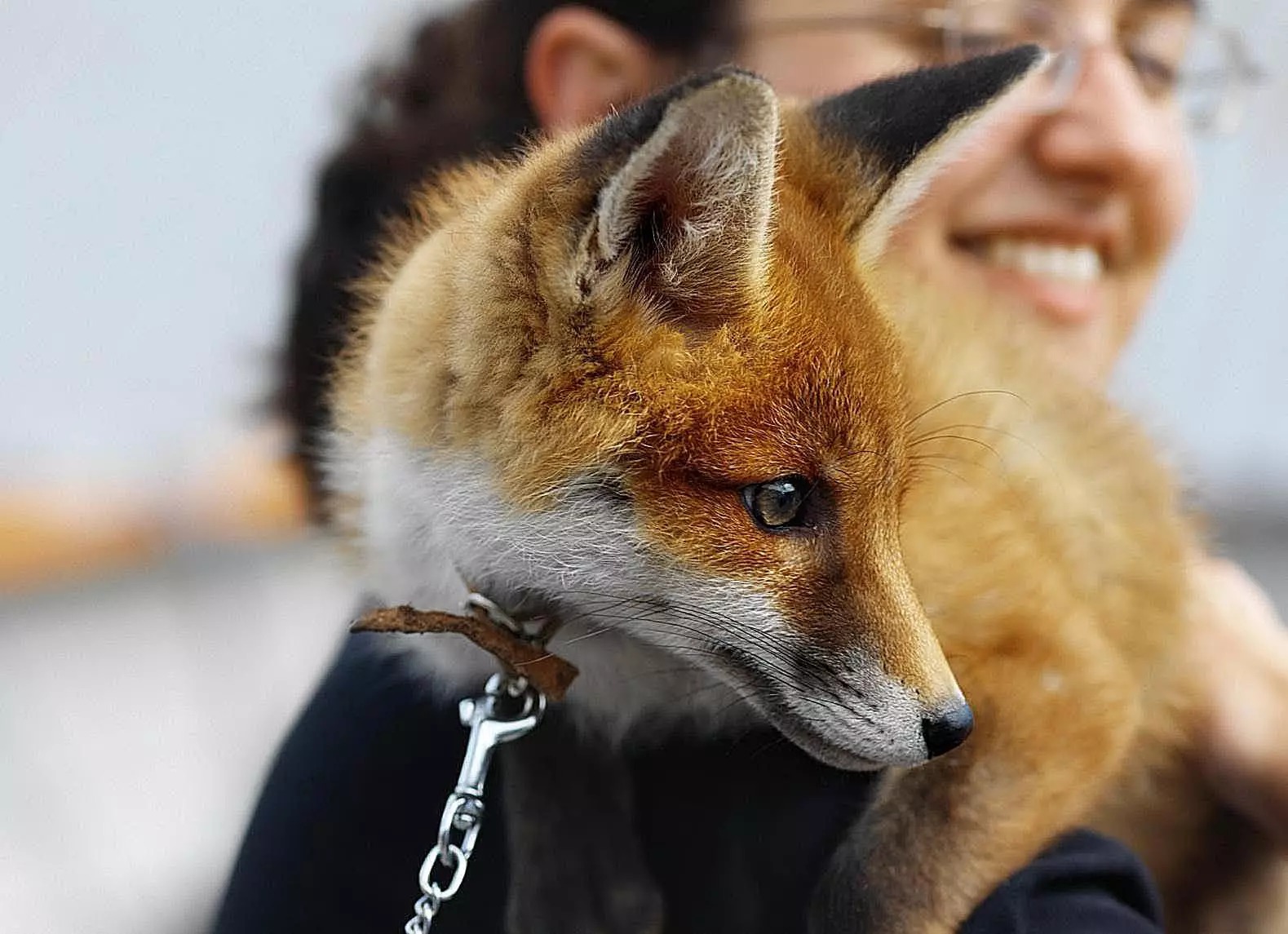Pet ownership is a deeply fulfilling experience, bringing joy and companionship into the lives of those who choose to open their homes to animals. While dogs and cats are the most common household pets, some adventurous individuals gravitate toward more unconventional pets, such as foxes. These captivating creatures, members of the canine family, possess both thrilling charm and perplexing challenges that prospective owners must carefully consider before making a commitment.
The allure of pet foxes lies in their resemblance to domesticated dogs, yet they remain intrinsically wild animals. Foxes are unique within the canine family not only for their aesthetic appeal but also for their impressive climbing abilities, distinguishing them from both dogs and domestic cats. While their playful demeanor and clever antics make them lovable companions, foxes have specific behavioral traits and environmental needs that can make them a problematic choice for the average pet owner.
Before considering bringing a fox into your home, it is essential to thoroughly research local laws regarding exotic pet ownership. Legal designations vary widely; foxes may be classified as exotic animals, small canines, or non-domesticated species depending on the jurisdiction. Thus, prospective fox owners must ensure compliance with regulations that govern their care and ownership.
Owning a pet fox requires a commitment to meeting their specialized needs. This includes providing ample exercise, engagement, and an appropriate habitat. Foxes are inherently energetic animals with high exercise requirements, making regular playtime and exploration essential. Additionally, they thrive on mental stimulation; without it, they can resort to destructive behaviors, such as digging and marking territory, behaviors that stem from their instinctual need to explore and establish a sense of ownership over their environment.
In terms of dietary needs, foxes require a well-rounded diet that may include raw meats, fruits, and vegetables, and owners must be prepared for the responsibility of finding a veterinarian experienced with exotic species. Regular health checks are vital to ensure a fox remains fit and healthy, as they are prone to distinctive health considerations separate from those experienced by traditional pets.
Among the various fox species, the fennec fox (Vulpes zerda) stands out as one of the most popular choices for pet ownership. Their small size, unique appearance with disproportionately large ears, and playful personality make them particularly appealing. However, potential owners should be warned that fennec foxes can exhibit nippy behavior and may not be suitable for families with young children.
The red fox (Vulpes vulpes), on the other hand, while not as common as a pet, has a reputation for being affectionate and curious. However, their notorious odor and digging habits can pose challenges for owners. Conversely, silver foxes, a domesticated variety of red foxes bred in Russia, have shown more amenable temperament traits and less odor, making them a more suitable pet. Their domestication has developed behaviors akin to those seen in dogs, lending them a gentle disposition.
Some species, like the Arctic fox (Vulpes lagopus) or the gray fox (Urocyon cinereoargenteus), present their own sets of challenges, including potential health issues due to overbreeding and stubborn territorial marking behaviors. Each species offers a different array of traits, and prospective owners should align these characteristics with their lifestyle and living environment.
Owning a pet fox is not a standard commitment; it requires extensive planning and consideration. Potential owners must consider enclosure design, escape-proof habitats, and socialization practices. It’s crucial to understand that the behaviors exhibited by foxes—including their tendency to dig and mark territory—may require extra supervision and training.
Moreover, raising a fox necessitates a lifestyle adjustment, as they require social and physical engagement that surpasses standard pet needs. Anyone contemplating welcoming a fox into their home ought to engage with existing owners to gain insights into the rewards and hardships of their experiences. Failing to prepare for the intricate needs of these wild creatures can lead to frustration for both the owner and pet.
In essence, while foxes are undeniably captivating animals, their ownership is best placed in the hands of committed individuals who understand the magnitude of their care. If approached with the correct intentions and understanding, sharing a life with a fox can be a uniquely fulfilling endeavor—one that challenges perceptions of traditional pet ownership and expands one’s appreciation for wildlife.

